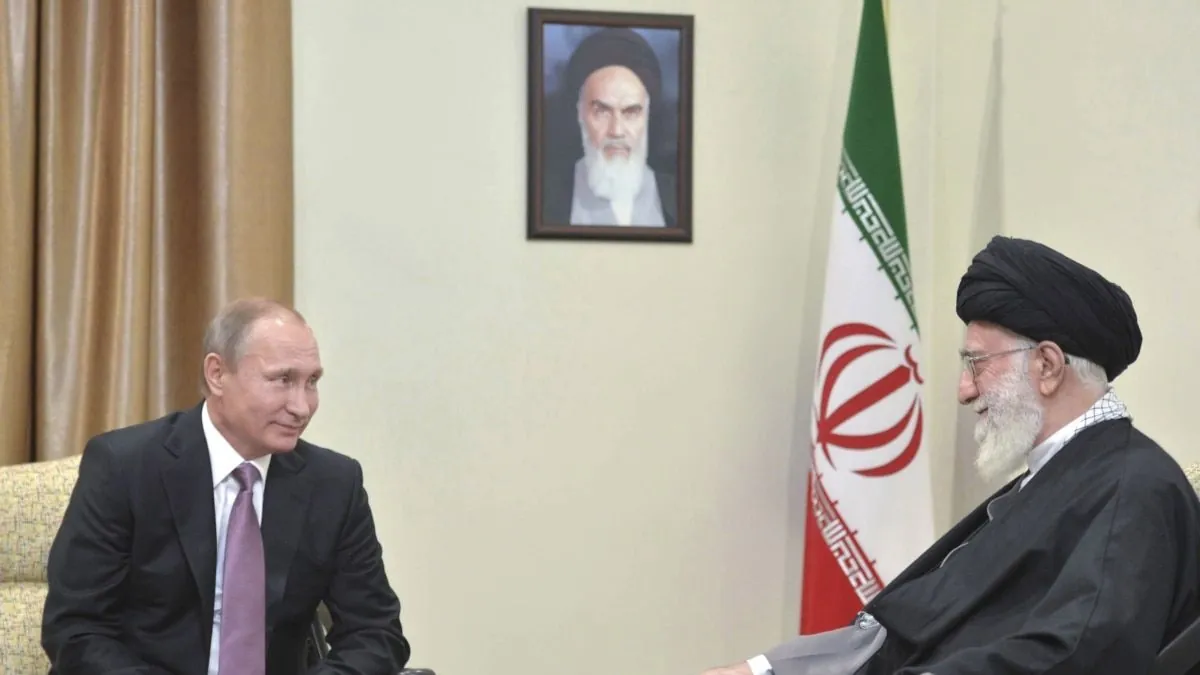Russian President Vladimir Putin has reportedly advised Iran's Supreme Leader Ayatollah Ali Khamenei to respond cautiously to the suspected Israeli assassination of Ismail Haniyeh, the leader of Hamas. This information comes from two senior Iranian sources who spoke to Reuters.
According to these sources, Sergei Shoigu, a close ally of Putin, delivered this message during meetings with top Iranian officials on August 5, 2024. The discussions took place as Iran contemplates its response to the killing of Haniyeh, who had led Hamas since 2017.
The Iranian sources also revealed that Tehran used this opportunity to press Moscow for the delivery of Russian-made Sukhoi Su-35 fighter jets. These advanced aircraft are known for their supermaneuverability and twin-engine design.
The Middle East appears to be on the brink of a major conflict, with the assassination seemingly aimed at triggering such a confrontation. Despite efforts by Western and regional states to encourage a measured response or no retaliation at all, Iran has informed foreign officials of its intent to respond "severely" to Haniyeh's killing in Tehran.
A U.S. official, speaking anonymously, emphasized that the scale of Iran's and Hezbollah's response would be crucial in determining the extent of a potential conflict. The official warned of the risks associated with a major regional confrontation.
"A retaliatory strike is inevitable and diplomacy is no longer a viable option."
This sentiment underscores the heightened tensions in the region, with the possibility of a war between Iran-backed Hezbollah and Israel looming.
The current situation stems from the ongoing conflict that began on October 7, 2023, when Hamas attacked Israel, igniting the Gaza conflict. Since then, Israel and Hezbollah have been exchanging fire along the border.
As tensions escalate, diplomatic efforts continue. A Qatari official mentioned ongoing discussions with Iran to mitigate tensions, highlighting Qatar's role as a mediator in Middle Eastern conflicts.
Israeli Defence Minister Yoav Gallant has warned that Israel must be prepared for any scenario, including a swift transition to offense. The country's response to potential attacks by Hezbollah or Iran would likely depend more on the damage caused rather than the scale of the attack, according to sources familiar with recent Israeli assessments.
As the situation unfolds, the international community watches closely, aware of the potential for a wider regional conflict that could have far-reaching consequences.
